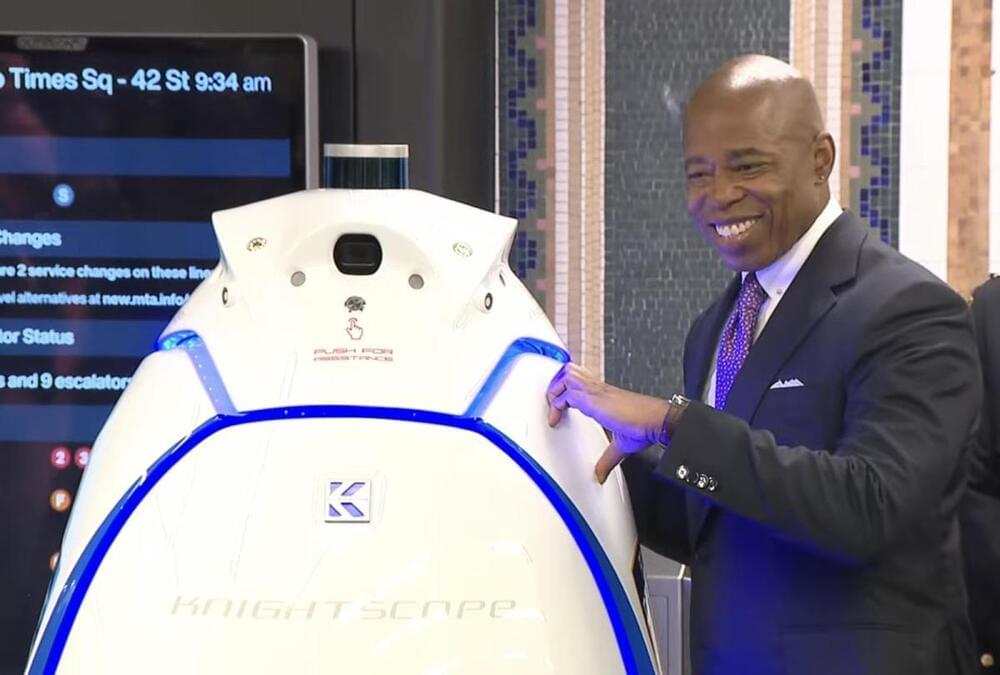Scientists have referred to black holes as cosmic objects that consume whatever comes into them but do not allow anything to escape from the inside. Stephen Hawking assumes that a black hole could be a portal to another universe. While addressing about 1,000 people at Harvard in 2015, Hawkings analyzed the groundbreaking theory with these words.
“Blackholes aren’t the eternal prisons they were once thought. Things can get out of a black hole, both from the outside and possibly through another universe. So, if you ever feel you’re in a black hole, don’t give up. There’s a way out.”
Scientists listening to the renowned astrophysicist were fascinated with his explanations. Keep in mind that Stephen Hawkings came up with Hawking’s radiation theory which revolutionized our understanding of black holes. According to this theory, Black holes thermally generate and emit subatomic particles until they lose their energy and proceed to evaporate. Based on this theory, Hawkings says that black holes are not entirely black and they don’t last for eternity.








